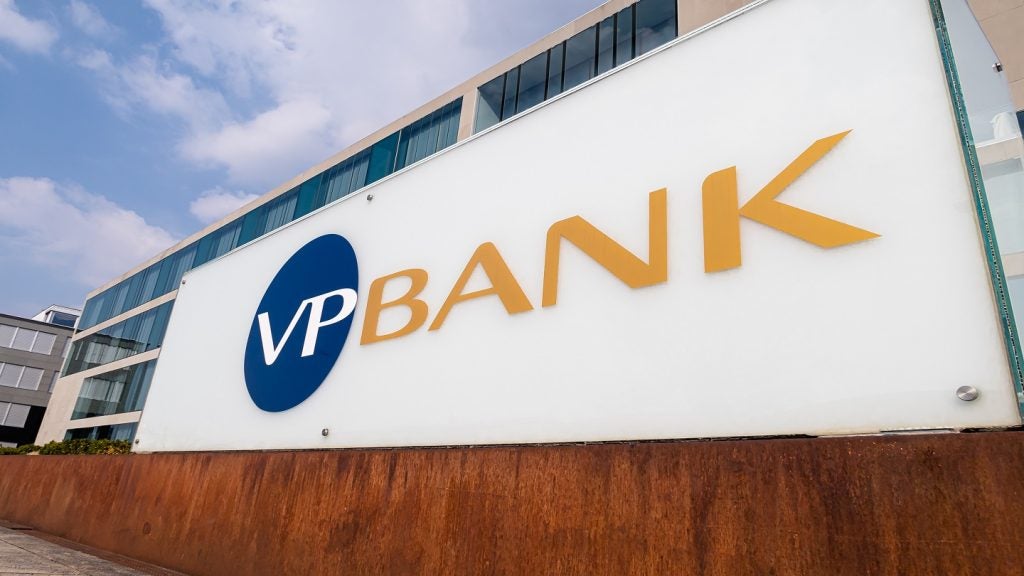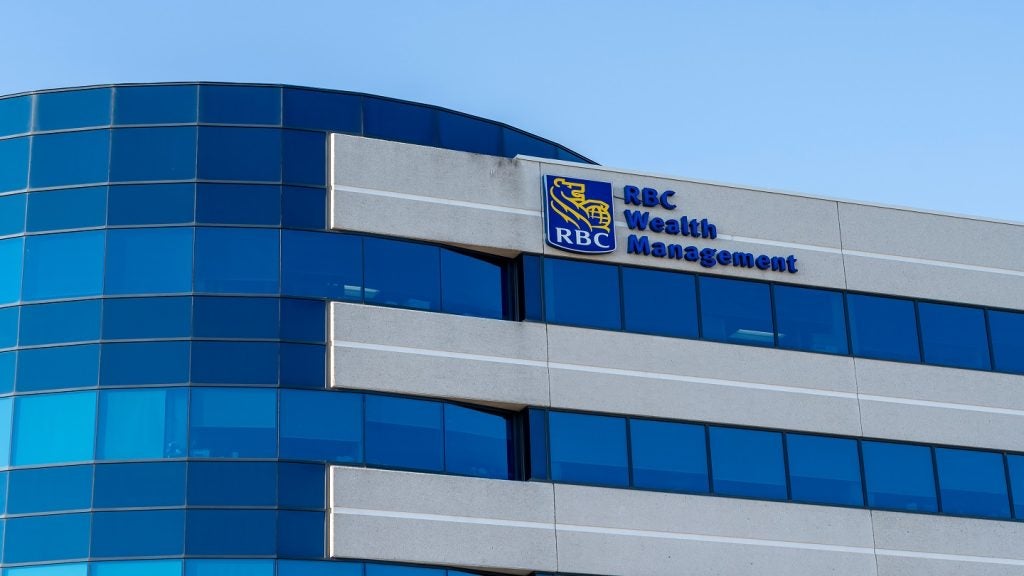The characteristics of single
family offices are heavily influenced by the lead family member.
Sometimes, as in the case of Sturgeon Ventures, the investment and
personal preferences of the family can even give rise to a new
investment theme. Will Cain
looks at Sturgeon’s push into the ‘Wellness’ sector.
Single family offices by nature are
tailored wealth management operations whose functions and evolution
tend to reflect a family’s particular individual preferences.
Some develop into multifamily offices, while
others become product specialists, like the Guinness family’s
Iveagh investment house, which offers a global investment portfolio
fund for investors based on the family’s asset allocations (see PBI
254).
Sturgeon Ventures, a UK-based single family
office turned private equity and socially responsible investment
vehicle is another example of how a wealthy family’s investment
style can develop into an investment offering which becomes opened
up to a wider range of investors, both families and
institutions.
“The reason families like investing in private
companies and private equity particularly is because in many cases
it is how they made their money in the first place,” said Seonaid
MacKenzie, founder of Sturgeon Ventures.
“They understand that type of investment
better than vehicles like hedge funds.”
MacKenzie set up Sturgeon in 1998 to manage
the wealth of a family she said she could not name after working as
their stockbroker for many years. The main focus initially was on
global equities, but shortly afterwards a second family signed up
which wanted to focus more on investments in privately held
companies.
From here, it developed a service which
specialised in acting as an incubator for people and firms in a
range of industries that were between the start-up and IPO phase.
The service allowed businesses to build a track record and “gain
critical mass”.
It performed due diligence on firms, often in
need of capital to grow, and linked them to funding from the family
whose assets it was managing. It also provided management
consultancy services to the firms.
After the death of the head of the family in
2004, MacKenzie continued to offer single family office services in
an advisory capacity. The beneficiary of the portfolio is a
nine-year-old child and Sturgeon advises the trustees on
investments made on its behalf.
The emphasis is on low risk and the investment
style is also influenced by the nature of the benefactor’s death.
He was diagnosed with leukaemia and died of lymphoma.
In his final years he refused to take drugs,
relying on herbal remedies and natural products and as a result
there is a big focus on sustainability and ‘wellness’ in the
trust’s portfolio, according to MacKenzie.
The five-year aim for Sturgeon is to establish
an ethical investment knowledge base for family offices to access
when looking into those types of strategies.
As part of this drive, MacKenzie is looking to
develop The Wellness Fund. It invests in socially responsible
projects which go beyond green and sustainability issues to focus
on wider themes such as proactive health, including screening
initiatives when people are still well, and consumer goods and
services which benefit society.
A charitable foundation has also been set up
to run alongside the fund to help community projects deal with
addiction-related issues such as alcoholism, drug use and obesity.
The foundation will be funded initially by a percentage of the
Wellness Fund’s performance fees and donations from families.
MacKenzie said the target is to gather £100
million ($163 million) of assets under management in the fund,
which is already in operation. Sturgeon performs due diligence on
businesses to identify genuinely socially responsible businesses
rather than those which market themselves in that way but sometimes
fail to deliver.
It invests in European private and public
companies with a market capitalisation of under £500 million,
though Mackenzie said there was appetite among families for
investments in organisations above £1 billion.
Mackenzie added she had not recommended the
fund to the family she advised because of potential conflict of
interests, and said that stance was an important part of
maintaining credibility for family offices.
Sturgeon has now focused its private-equity
style ‘incubator’ model on the financial sector, having previously
provided incubation services for a much broader range of industry
sectors.
It helps investment managers and financial
businesses through the early stages of their business, providing
expertise on gaining an FSA licence, which Sturgeon holds.
“The FSA is aware of what we do and are on
side with them, which really helps us guide financial start-ups
through those early stages of their development,” she said.
The business continues to provide compliance
and regulatory consultancy for some of the firms after they leave
the incubator stage, MacKenzie added.

Seonaid MacKenzie, Sturgeon Ventures







